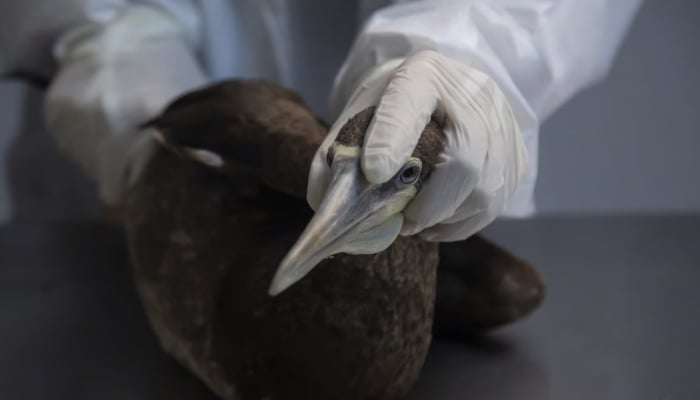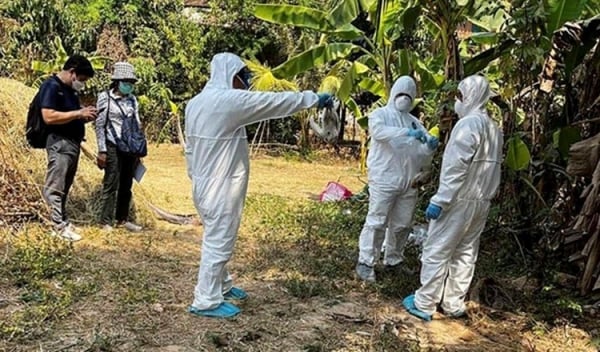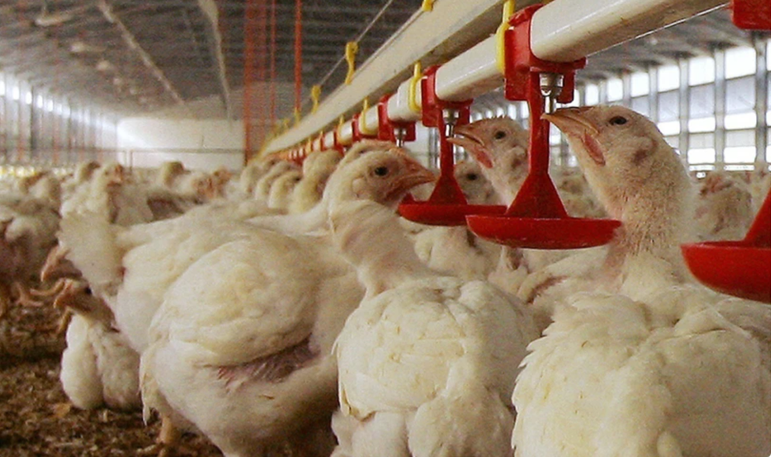The New York Post on April 4 quoted a report from experts warning that the possibility of a bird flu pandemic could be 100 times worse than the COVID-19 pandemic, after a case of bird flu in humans appeared in Texas (USA).

A chicken farm in Verona, Italy.
Since a new strain of influenza was discovered in 2020, H5N1 avian influenza has spread rapidly, affecting wild birds in every state in the United States, as well as commercial poultry farms and domestic poultry flocks. However, cases of the virus have recently been detected in mammals, specifically in livestock flocks in four states. On April 1, US federal health officials reported that a Texas dairy farmer was infected with the H5N1 virus.
At a recent conference on the issue, Pittsburgh-based bird flu researcher Suresh Kuchipudi stressed the "high risk of a H5N1 bird flu pandemic."
Kuchipudi noted that the H5N1 virus has been detected in many species around the world and has shown the ability to infect a wide range of mammalian hosts, including humans. According to the expert, this is the virus that poses the greatest pandemic threat and "the risk is becoming more evident and global."
The conference organizer, John Fulton, who is also the founder of the Canadian-based pharmaceutical company BioNiagara, also expressed concern that the H5N1 pandemic “could be 100 times worse than COVID-19.”
According to the World Health Organization (WHO), about 52% of H5N1 infections since 2003 have been fatal. Meanwhile, the mortality rate among people infected with COVID-19 is currently only 0.1%, although at the time of the pandemic, the mortality rate was about 20%.
The US Department of Agriculture said there is currently no variant of H5N1 that is more contagious to humans. “Although human infection following direct contact with infected animals is possible, the risk of community transmission remains low,” the department said in a statement over the weekend.
The director of the US Centers for Disease Control and Prevention (CDC), Mandy Cohen, said the government is taking the situation very seriously. She said the H5N1 virus does not pose a significant threat to humans, adding that the Texas case had direct contact with infected cattle. However, Cohen noted that the fact that the bird flu virus has infected cattle suggests that the virus is starting to mutate.
“If the H5N1 virus has the ability to spread between humans, large-scale infections are possible because there is no immunity to the H5 virus strain in humans,” said the Food Safety Authority (FSA).
To prevent the risk of spreading, the US has tested and developed two vaccines that are considered suitable candidates to prevent H5N1.
Source








































Comment (0)